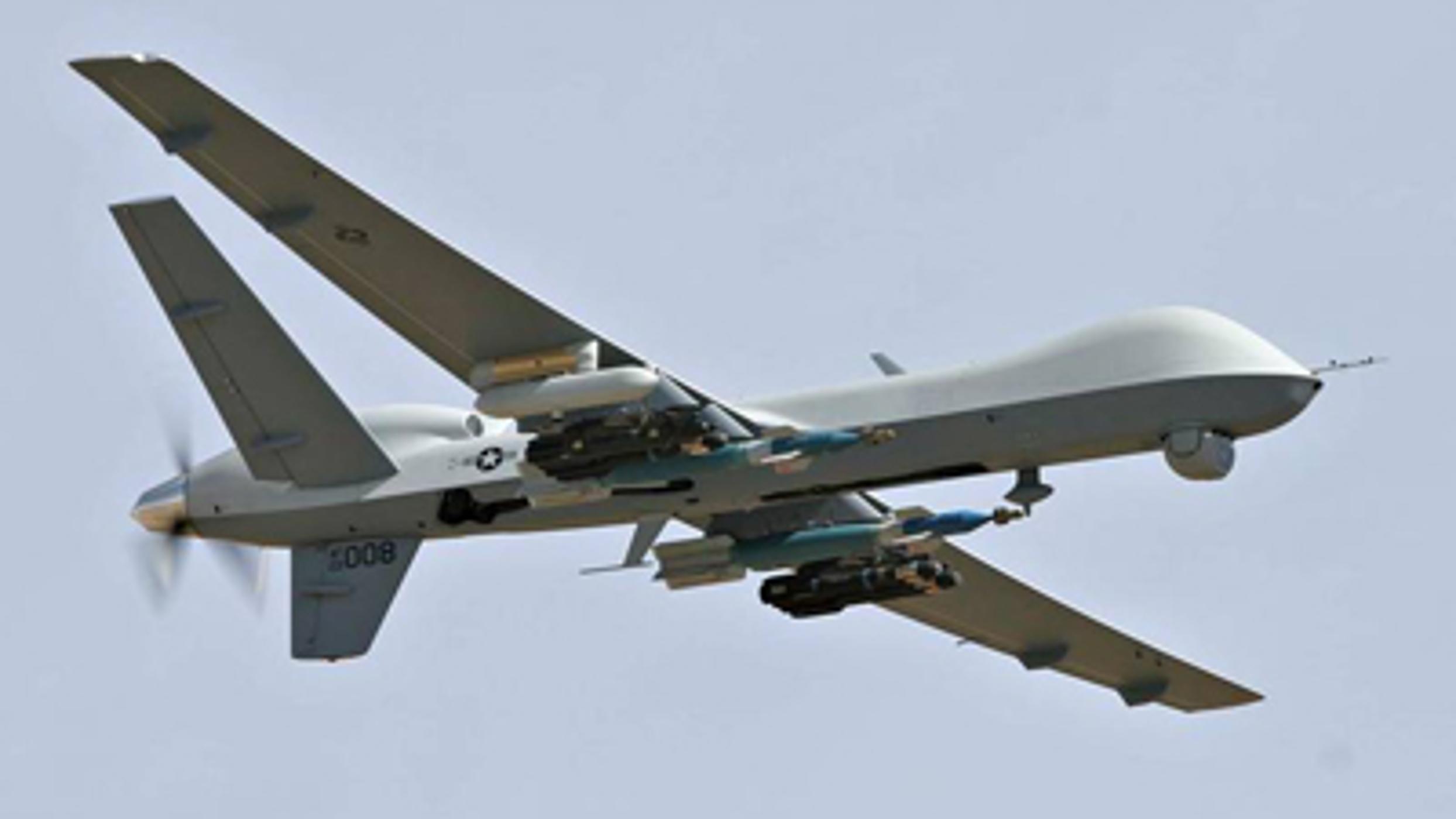'International Humanitarian Law and the Changing Technology of War, Part I: Challenges for the Next Generation': Professor Dan Saxon
Subscribed: 7Played: 86
Subscribe
Description
On Wednesday 17th October 2012 Professor Dan Saxon, Visiting Professor, University of Utrecht spoke at an event held by the Hughes Hall Hat Club.
This talk was the first of a three-part series, exploring the legal challenges for armed forces resulting from the development and use of new military technologies for the conduct of warfare.
This talk explores the legal challenges for armed forces resulting from the development and use of new military technologies for the conduct of warfare. The application of International Humanitarian Law ("IHL") is an attempt to achieve an equitable balance between humanitarian requirements and the necessities of war. Thus, the obligations of IHL are intended to reduce the suffering caused by war, in particular the pain inflicted on civilians and persons hors de combat. The efforts of IHL to promote the 'humanization of war' presuppose that war’s protagonists – soldiers, military officers, civilian superiors and insurgents – are human. Increasingly, however, war is and will be fought by machines – and virtual networks linking machines – which, to varying degrees, are controlled by humans. With advances in artificial intelligence, machines will be less dependent on human control and humans will become dependent on machines to 'make decisions' and take action for them. The automation of killing is perhaps the largest legal and moral hurdle facing unmanned combat systems. Professor Saxon discusses whether IHL – in its current form – is sufficient to control the development and operation of these technologies.
This talk was the first of a three-part series, exploring the legal challenges for armed forces resulting from the development and use of new military technologies for the conduct of warfare.
This talk explores the legal challenges for armed forces resulting from the development and use of new military technologies for the conduct of warfare. The application of International Humanitarian Law ("IHL") is an attempt to achieve an equitable balance between humanitarian requirements and the necessities of war. Thus, the obligations of IHL are intended to reduce the suffering caused by war, in particular the pain inflicted on civilians and persons hors de combat. The efforts of IHL to promote the 'humanization of war' presuppose that war’s protagonists – soldiers, military officers, civilian superiors and insurgents – are human. Increasingly, however, war is and will be fought by machines – and virtual networks linking machines – which, to varying degrees, are controlled by humans. With advances in artificial intelligence, machines will be less dependent on human control and humans will become dependent on machines to 'make decisions' and take action for them. The automation of killing is perhaps the largest legal and moral hurdle facing unmanned combat systems. Professor Saxon discusses whether IHL – in its current form – is sufficient to control the development and operation of these technologies.
1 Episodes
Reverse





